In the hustle and bustle of American life, coffee has become as essential as Wi-Fi—except coffee is often consumed on the go in a disposable paper cup, whereas Wi-Fi is not (yet). The sight of commuters gripping their take-away coffees like a lifeline is as common as the morning rush itself. This grab-and-go culture is deeply ingrained in American society, where time is money, and efficiency is the holy grail. However, this habit of sipping coffee on the run is as foreign to many other countries as a triple-shot soy macchiato would be to a 16th-century coffee drinker. Around the world, coffee isn’t just a quick fix; it’s a ritual, a social glue, and a chance to hit pause on life’s fast-forward button.
The American Coffee Culture: Convenience Trumps Experience
In the U.S., coffee culture is driven by the need for speed. With the rise of fast-food chains and the ubiquity of Starbucks, the emphasis has shifted from savoring the experience to mainlining caffeine in the most efficient way possible. According to the National Coffee Association, nearly 64% of Americans drink coffee daily, and most opt for take-away options that fit snugly into their jam-packed schedules.
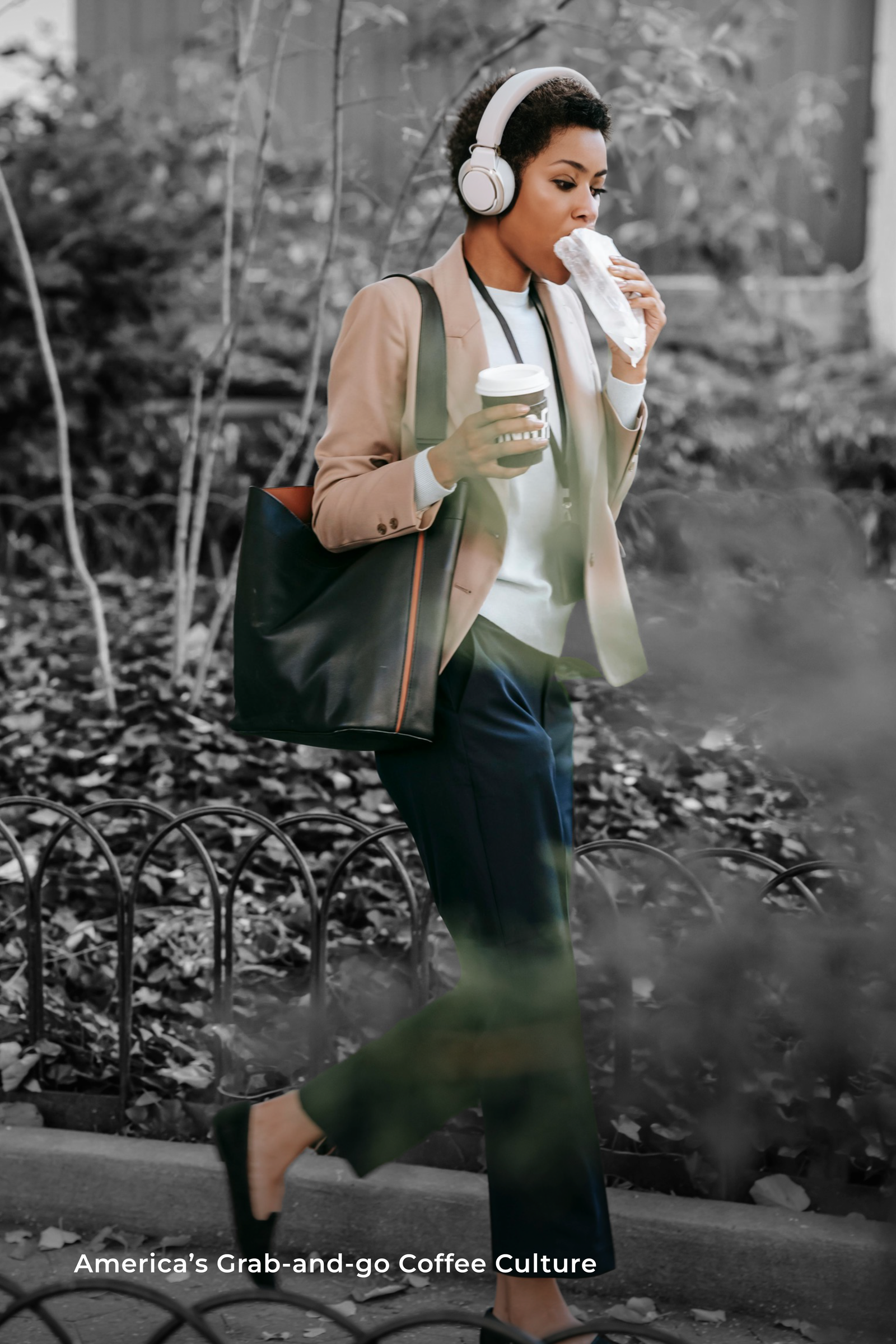
This culture is so pervasive that the image of a paper cup with a plastic lid has become shorthand for “I’m too busy to sit down.” But not everyone is on board with this fast-paced approach. “In America, coffee has become just another item on a checklist,” says Mark Pendergrast, author of Uncommon Grounds: The History of Coffee and How It Transformed Our World. “We’ve lost the sense of ritual and relaxation that coffee can bring.” (In other words, coffee has gone from being a ceremony to a necessity, like deodorant.)
Coffee as a Social Ritual: The Global Perspective
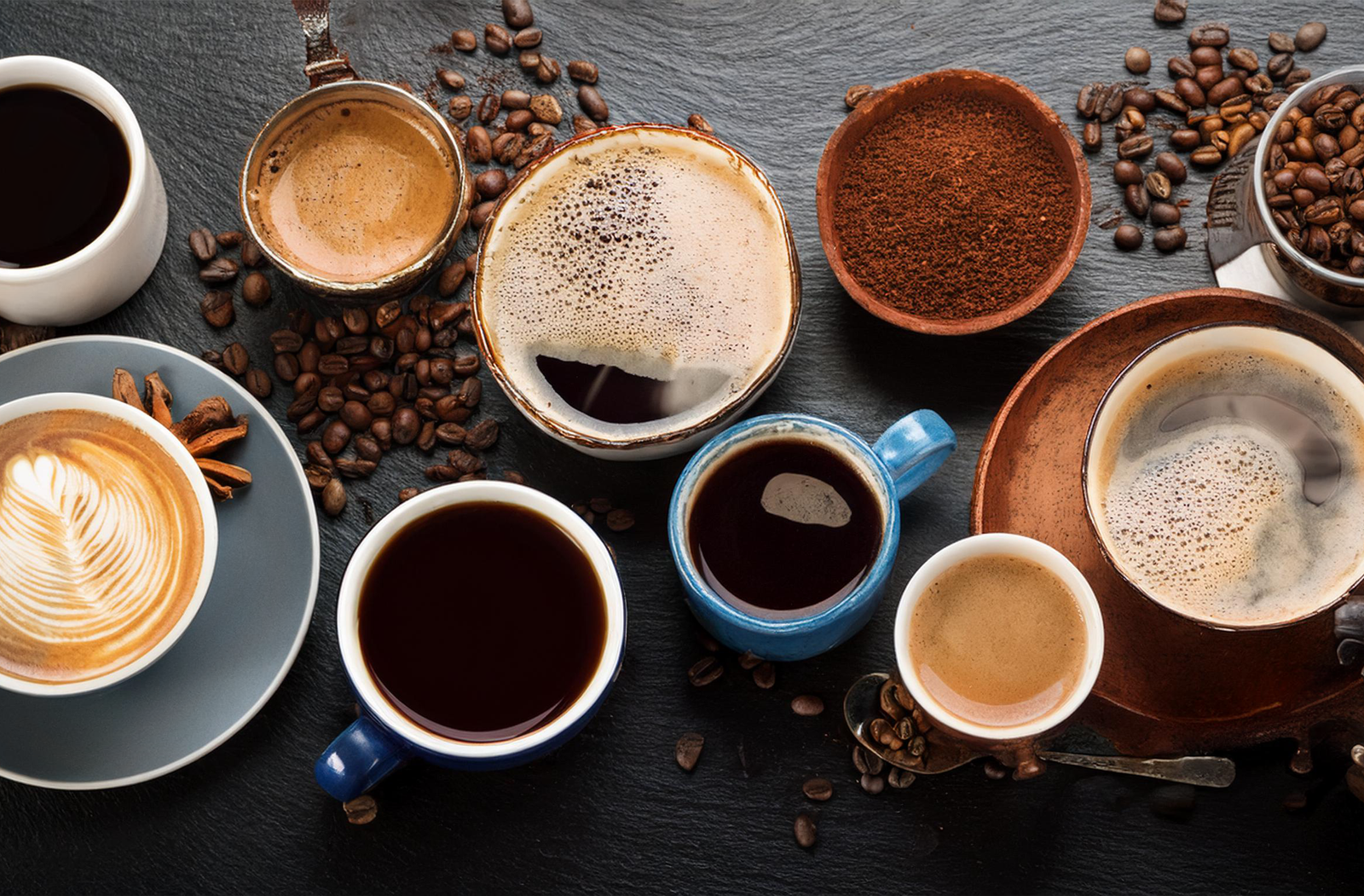
In stark contrast, many countries around the world treat coffee as a social ritual—a reason to sit down, connect with others, and pretend the day isn’t spiraling out of control. Here’s how coffee is experienced in different corners of the globe, where the notion of gulping down a grande latte while running to a meeting might cause some raised eyebrows (and possibly a few stern lectures).
Italy: Espresso as an Art Form
In Italy, coffee isn’t just a drink; it’s practically a religion. Italians take their espresso as seriously as their soccer, and the idea of taking it to go is about as popular as instant coffee. Italians prefer to savor their espresso in small, strong sips, often while standing at a bar, engaged in lively conversation.
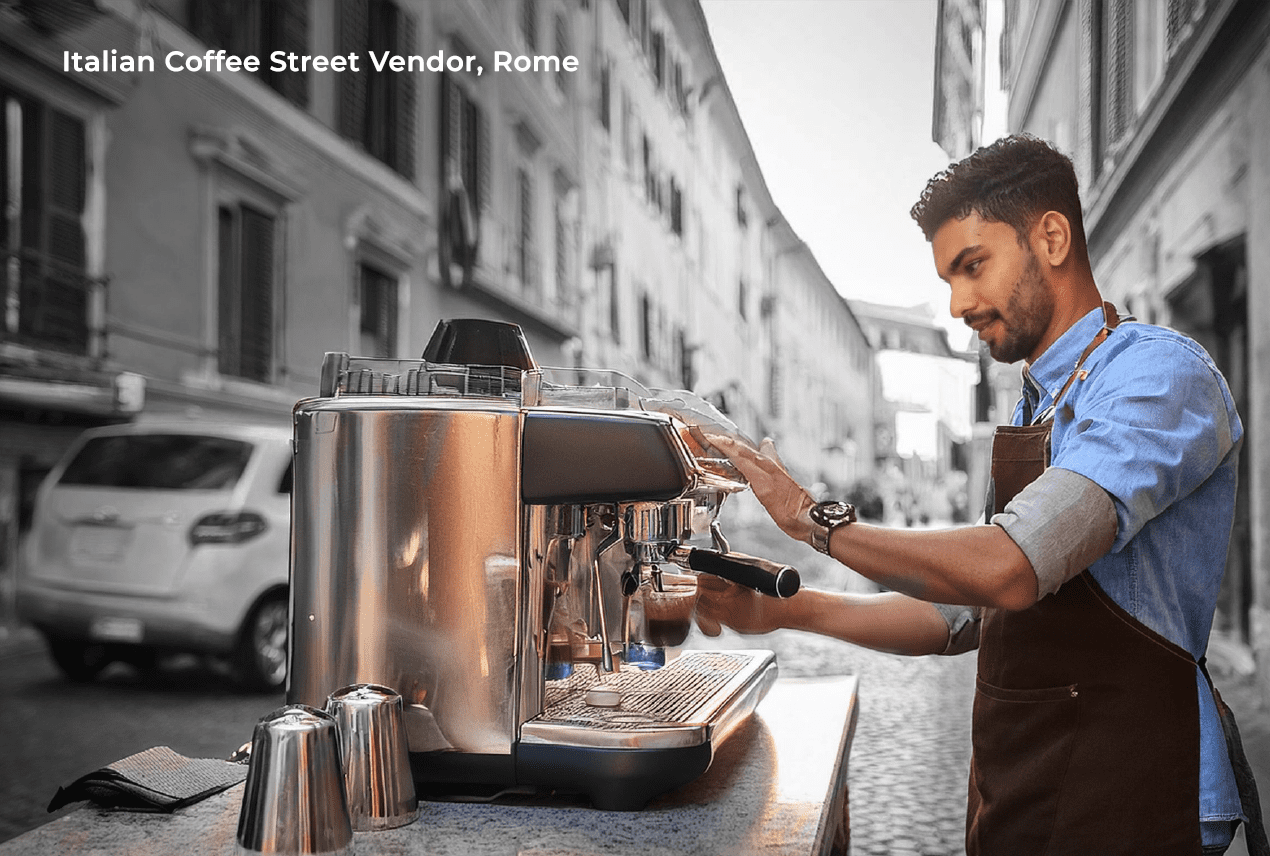
“Italian coffee culture is about the experience, not just the caffeine,” says Federico Trivelli, a barista from Rome. “We don’t rush through it. Even if we’re in a hurry, we take a moment to enjoy our coffee, to connect with the people around us.” So, next time you’re tempted to chug your espresso and dash, channel your inner Italian and take a minute to enjoy the moment—preferably with a flourish.
France: Café Culture and the Art of Leisure
In France, the café is a cultural institution where philosophers, artists, and ordinary folks alike gather to discuss life’s big questions—like whether the croissant is better with or without almond paste. Coffee in France isn’t just a drink; it’s an essential part of the social fabric. The idea of drinking coffee on the go is as foreign to the French as overcooked steak, and they prefer to sit down, savor their coffee, and pretend to read Le Monde.
“French café culture is about more than just the coffee,” explains Sophie Durrand, a Paris-based coffee expert. “It’s about the ambiance, the conversation, and the pleasure of taking time out of your day to enjoy a moment of leisure.” So, if you find yourself in a French café, resist the urge to order your coffee “to go.” Sit down, take a breath, and maybe—just maybe—order that croissant.
Turkey: Coffee as a Cultural Tradition
In Turkey, coffee is steeped in tradition—literally. Turkish coffee is brewed slowly and served unfiltered, accompanied by a glass of water and a piece of Turkish delight (because why not?). In Turkey, coffee isn’t just a drink; it’s a social event, a moment to gather, gossip, and even predict the future based on the patterns left in the coffee grounds.
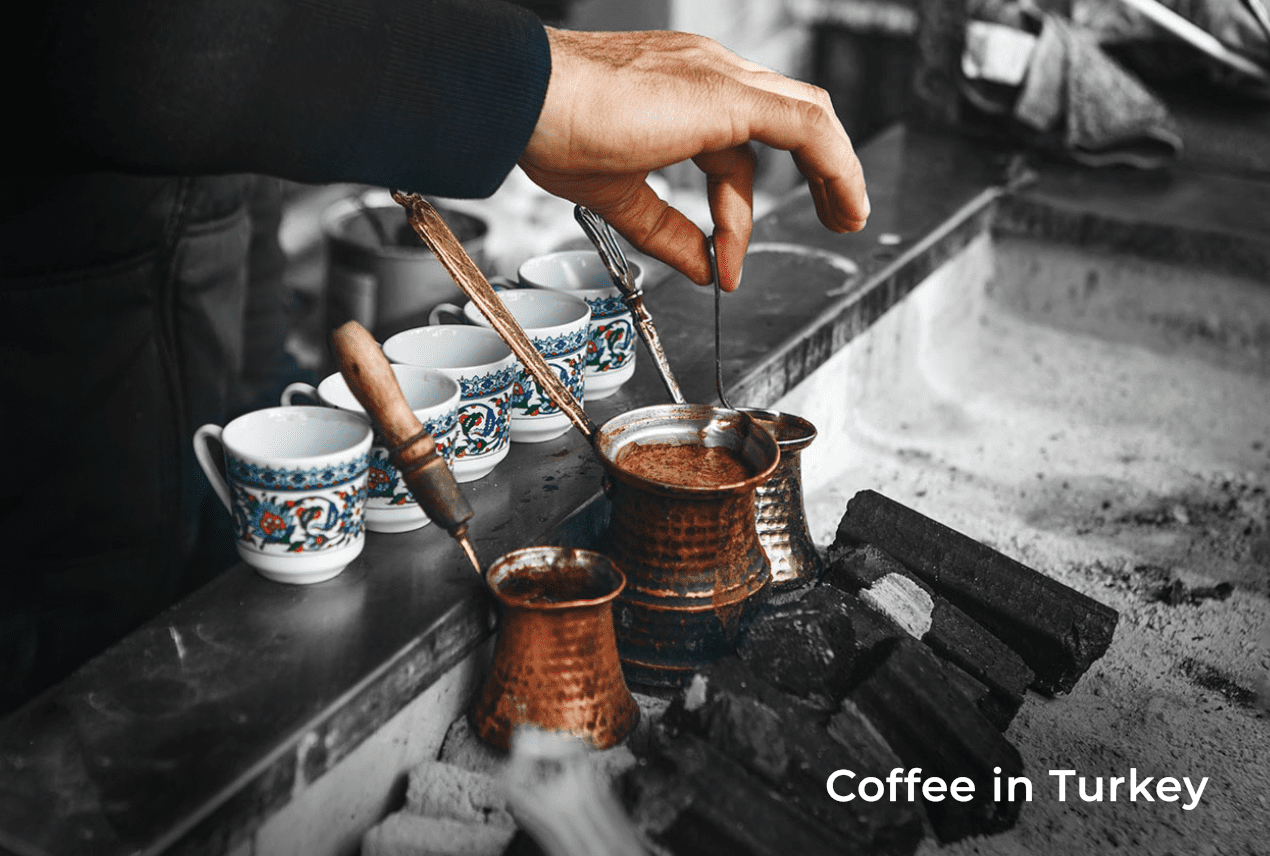
“Coffee in Turkey is a symbol of hospitality,” says Mehmet Akgül, owner of a traditional coffee house in Istanbul. “We don’t rush through it. We sit down, we talk, we laugh, and we enjoy each other’s company. The coffee is just an excuse to bring people together.” So, if you’re in Turkey, embrace the slow pace. Who knows? You might even get your fortune told.
Japan: The Slow Coffee Movement
In Japan, the “slow coffee” movement has taken hold, much like the trend of minimalism and Marie Kondo-ing everything. This movement emphasizes taking the time to brew and enjoy coffee, focusing on quality over quantity. Japanese coffee shops often serve hand-dripped coffee, brewed with the kind of precision and care usually reserved for tea ceremonies or assembling Ikea furniture.
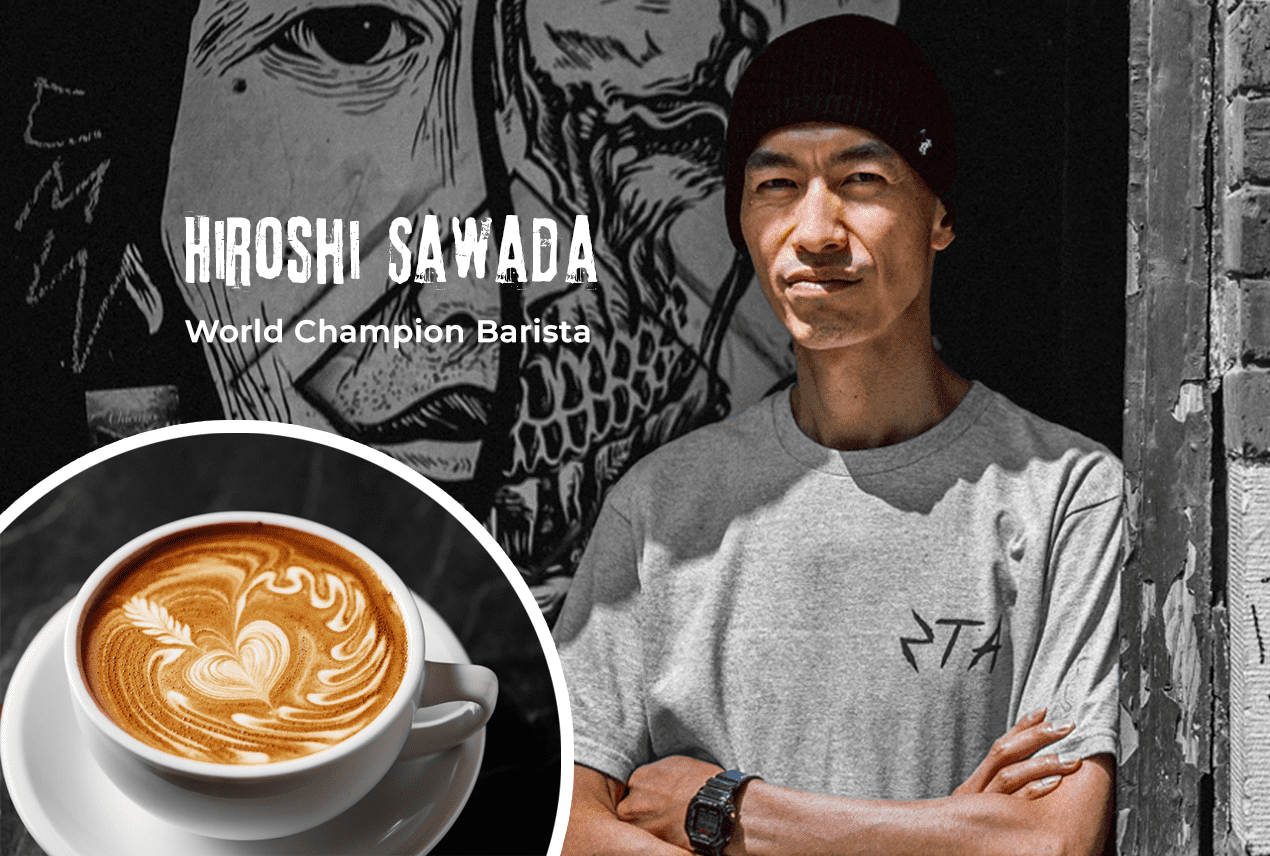
“Coffee is a sensory experience,” says Hiroshi Sawada, a renowned Japanese barista and latte art expert. “In Japan, we believe in taking the time to appreciate the process, the aroma, the flavor. It’s about mindfulness and being present in the moment.” So, next time you’re tempted to guzzle your coffee on the run, consider channeling your inner zen master instead.
Ethiopia: The Birthplace of Coffee
Ethiopia is often considered the birthplace of coffee, and the Ethiopian coffee ceremony is a time-honored tradition that’s about as far from a quick coffee run as you can get. This process, which involves roasting, grinding, and brewing coffee beans in front of guests, can take hours—so you better not have any back-to-back meetings scheduled.
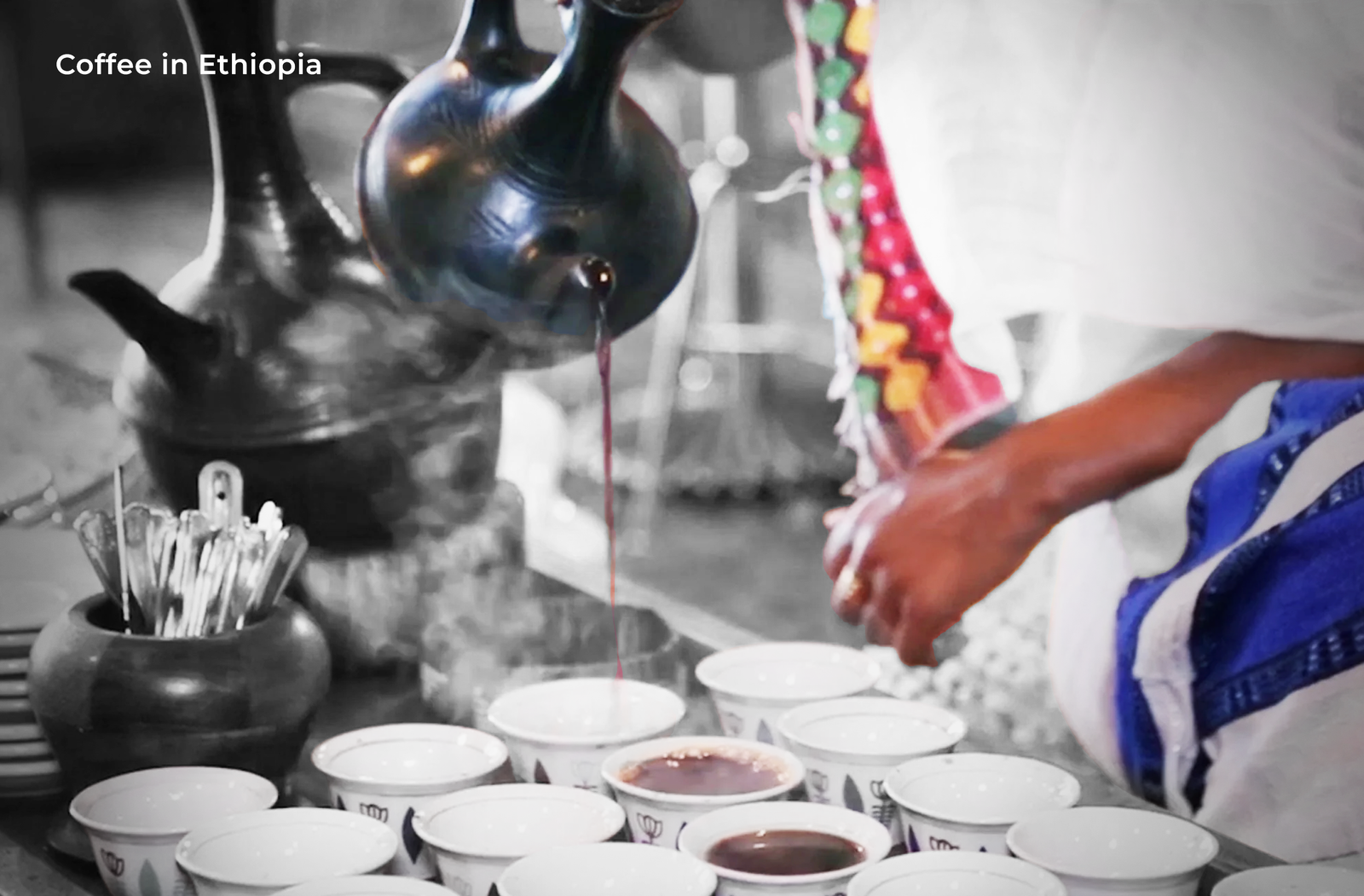
“In Ethiopia, coffee is about community,” says Almaz Kebede, a coffee ceremony host in Addis Ababa. “It’s not just a drink; it’s a way of bringing people together, of showing hospitality and respect.” So, if you find yourself in Ethiopia, don’t even think about asking for a to-go cup. Instead, sit down, relax, and enjoy the experience.
The Case for Slowing Down
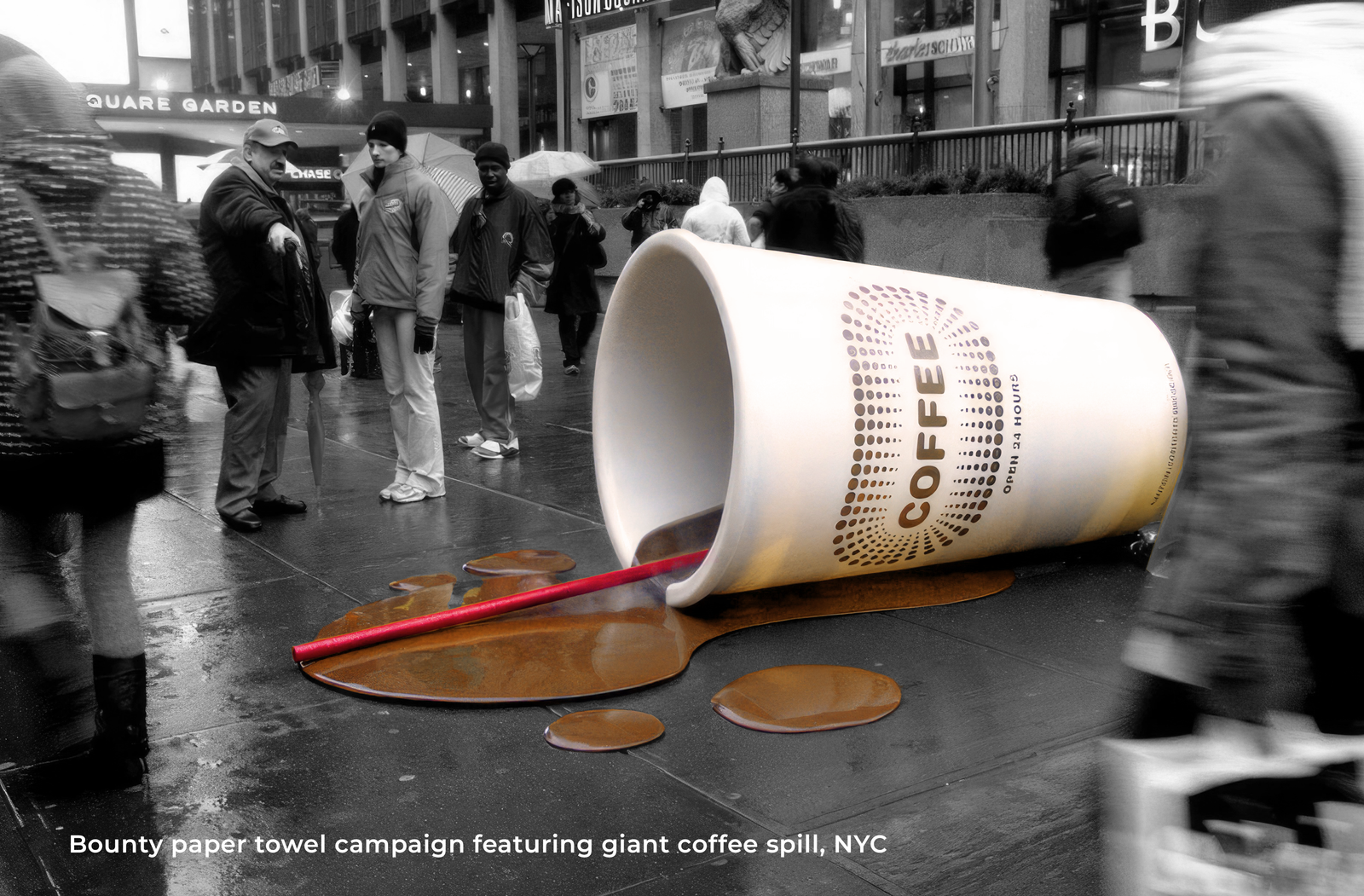
As the global coffee culture illustrates, there’s something inherently valuable about taking the time to enjoy a cup of coffee—preferably with friends, a little bit of laughter, and maybe some gossip thrown in for good measure. In many parts of the world, coffee isn’t just a quick caffeine fix; it’s a ritual that fosters connection, relaxation, and mindfulness.
“Taking the time to enjoy coffee can enhance your overall well-being,” says Dr. Sarah Brewer, a nutritionist and wellness expert. “It allows you to be present, to connect with others, and to appreciate the simple pleasures in life.” So, next time you find yourself in a rush, consider slowing down—even if just for the length of time it takes to enjoy a well-brewed cup of coffee.
A Cultural Shift
While the American grab-and-go coffee culture shows no signs of disappearing, there is a growing movement towards embracing the more leisurely, social aspects of coffee that are celebrated in other parts of the world. Specialty coffee shops that focus on quality and the experience of drinking coffee are becoming increasingly popular in the United States, signaling a potential cultural shift—or at least, the emergence of a slower lane in the caffeine highway.

“People are starting to realize that coffee can be more than just a quick fix,” says James Freeman, founder of Blue Bottle Coffee. “It can be an experience, a moment of joy, a way to connect with others. We’re seeing more and more people taking the time to enjoy their coffee, and that’s a positive trend.” Our “we’re too busy” culture could benefit from some “real” face-to-face social time, for both our health and our souls.
In Conclusion
The American habit of drinking coffee on the go in a paper cup may be convenient, but it lacks the richness of the coffee rituals found in other cultures around the world. Whether it’s an espresso at an Italian bar, a leisurely coffee at a French café, or a traditional coffee ceremony in Ethiopia, these global traditions remind us of the value of slowing down and savoring life’s simple pleasures. Perhaps it’s time for America to take a cue from the rest of the world and embrace a more mindful, social approach to coffee. And who knows? Maybe your morning cup of joe will taste just a little bit sweeter.
Quite Possibly the Freshest and Smoothest Coffee in the World
We’re Haus Coffee Company. We believe in the art of slowing down with the perfect cup of coffee. We believe the best coffee is the one that travels from the roaster to your cup in the shortest time possible.
We created a method where we roast your coffee only after you order it and then ship it to you OVERNIGHT!
We promise you’ve never had an experience quite like it. If you’d like to try some, contact us and say “hi” and ask us to ship you a sample 🙂




